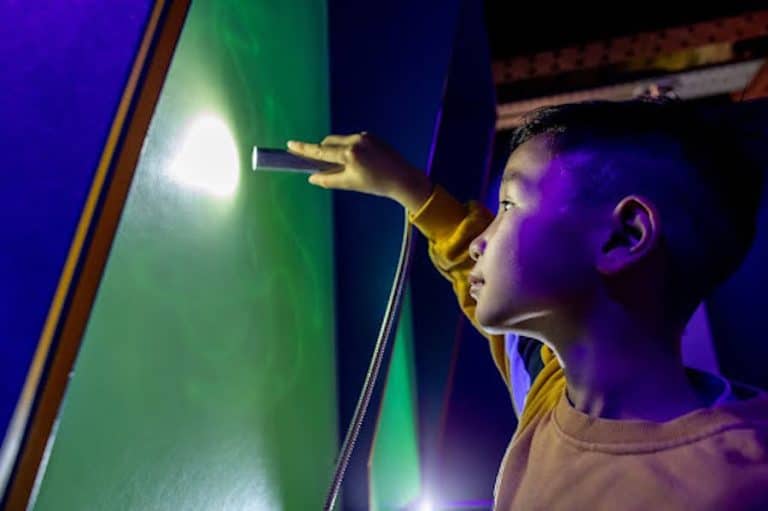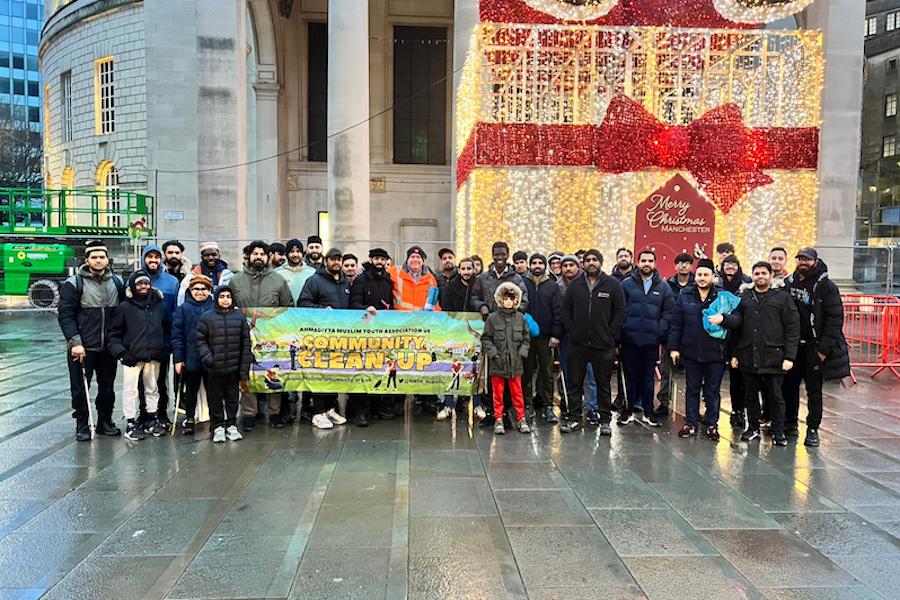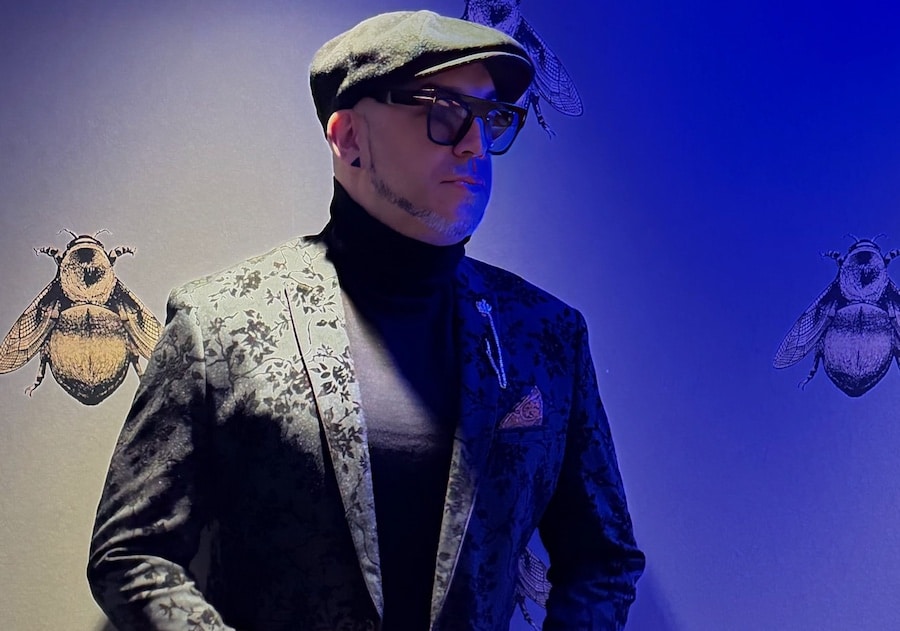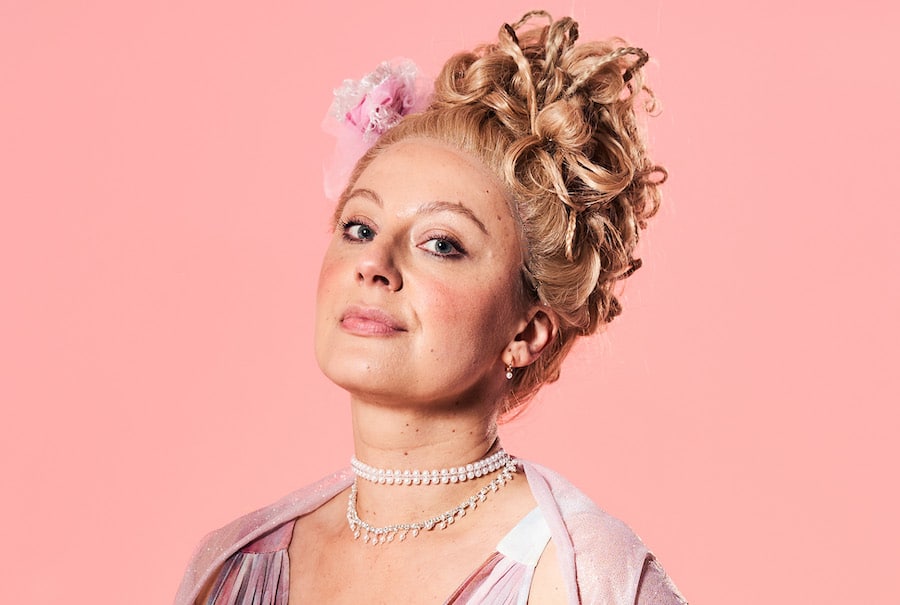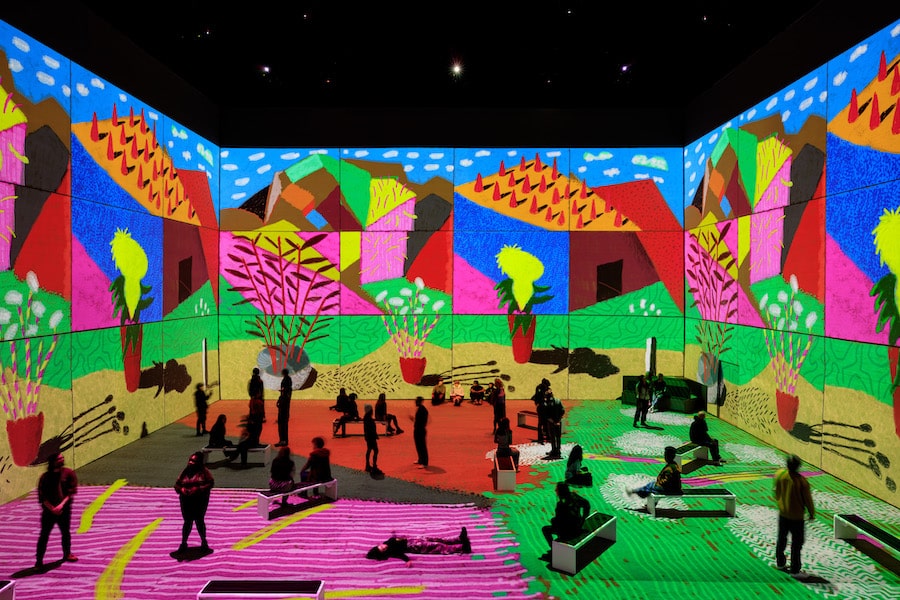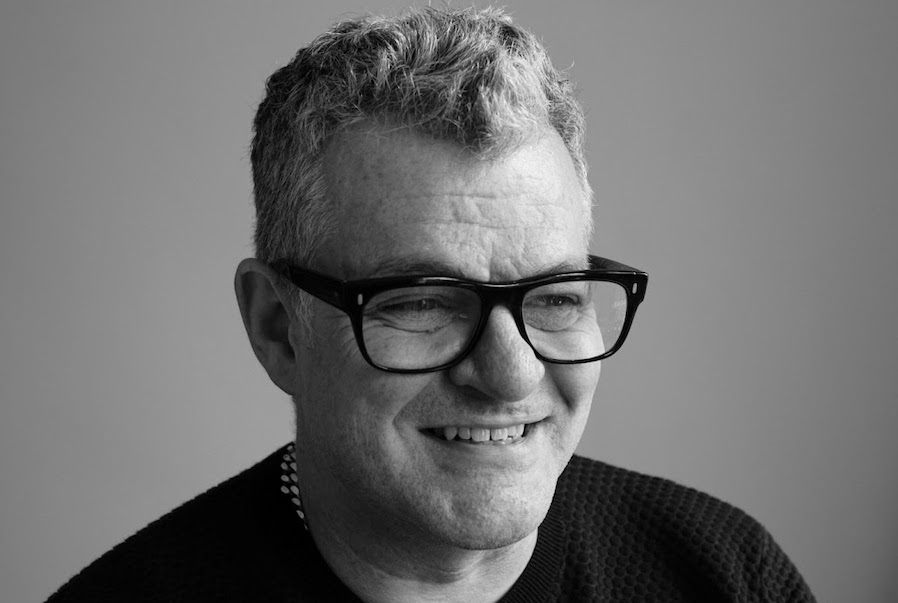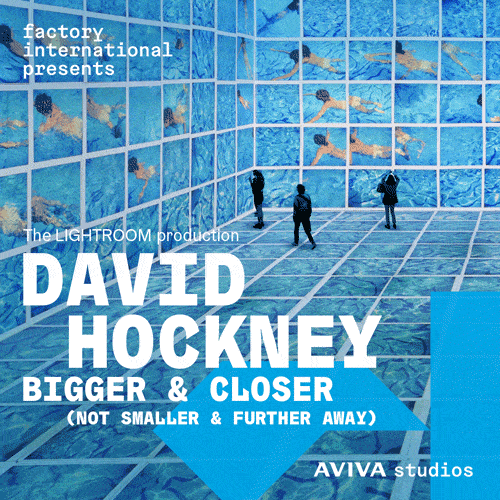You’ll love this refreshing new play with an honest take on teenage experiences
- Written by Glenn Meads
- Last updated 6 months ago
- City of Manchester, Theatre
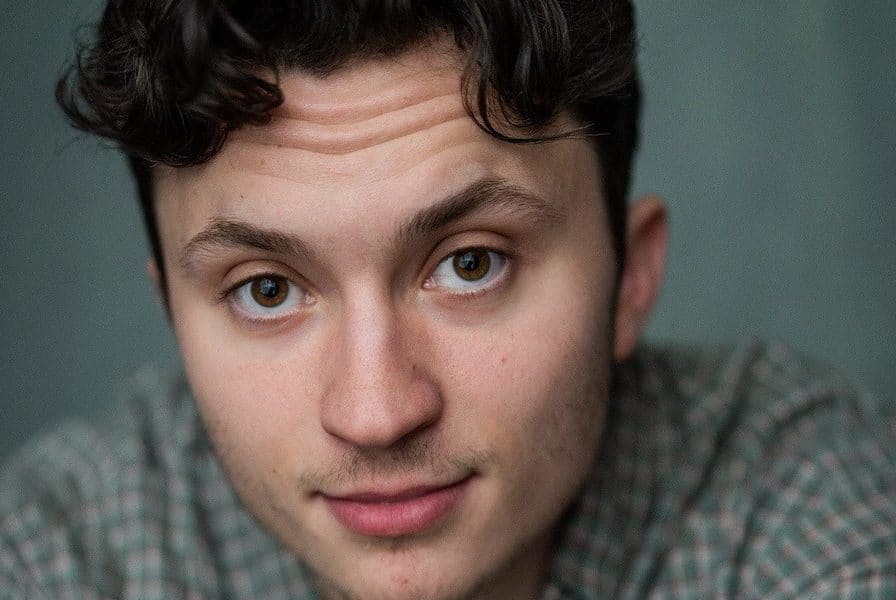
Writer and actor Nathan Lea chats to us about his new play which is unafraid to look at the awkwardness of navigating being a teenager and then dealing with the word sex, which often gets confused with the word sexy, providing young people with unrealistic expectations.
Hormonal Teenage Virgin S*x Play is a refreshing look at the anxious feelings, the fear, and the dread, but provides audiences with something heartfelt, funny and deliberately cringeworthy.
Hormonal Teenage Virgin S*x Play
We sat down with the writer of Hormonal Teenage Virgin S*x Play to discuss his inspirations, why he writes and the workshops running alongside this production.
How did you come up with the idea for this play?
I came up with the idea in late 2022, I had just finished a draft of a play I had already been working on for the past two years. The play I was working on at the time had a big concept, big ensemble cast and, because I had been writing it for so long, it became a big mess.
I shelved that play in hopes of writing something smaller. To source some inspiration, I did a few writing exercises, one in particular led me to remember my first kiss.
My body cringed at the memory, God it was awkward.
This led me to questions regarding first times and the pressures that go with them; almost immediately I knew that a play was there.
I focused on how to tell the story, from whose perspective and what makes it different.
I knew I didn’t want to make a generic play about two young people losing their virginity; it had to be different and mean more.
I also wanted to write it in a way that doesn’t glorify or glamorise the fact that these are essentially kids; nothing about this is sexy.
It’s exploration, it’s anxious and very very awkward.
Early on I made a choice for any intimate or sexual depictions between both characters to be shown through suggestive movement or dance.
I had an image in my head of two young people trying to dance professionally but doing it dreadfully.
I liked the fact that they were trying and taking it seriously as they found their feet but look ridiculous; this image carried over into the final drafts.
I think dancing is a really vulnerable thing to do, it strips everything back and I thought that this would really work to show the innocence of the characters in a super high-stakes scenario.
What made you want to start writing?
For the first 13 years of my life, I really wanted to be a comic book artist; I would sit and create all these stories for made-up characters thinking I’d be the next Stan Lee and Steve Ditko combined.
At the same time, growing up I’d always be forced to perform some impression of someone from TV or someone my family knew in front of everyone at family parties.
It was only after studying drama in high school that I got the bug for acting.
I channelled my comic book writing to writing TV scripts, short film ideas, to then eventually, plays.
I started taking my writing seriously when I left college in 2019, I wasn’t getting much work at the time so I figured – “if no one is casting me in the roles I want to act in, I will”.
I find writing deeply personal, it’s cathartic and very therapeutic. Writing allows us to create our closure; it’s quite a bittersweet process. I think writing is a tool that every performer should be encouraged to do, not just to create individual work, but to keep active in between projects.
I always write things that excite me, and I want to see, I haven’t seen a coming-of-age play about sex and consent before – maybe I’m in the minority! But I think as Northern creatives, we must branch out from the “typical Northern plays” and create work in new and exciting ways to ensure we aren’t churning out the same work on repeat.
I like to approach each project with the mindset that I want it to be about something I haven’t written before. Every project has to be different, be it different genres, structure or form. Whatever it is, it has to be different.
Are there any playwrights that you admire that influenced you in any way?
I loved Kwame Owusu’s “Dreaming and Drowning”, I was gutted to miss it, but Kwame managed to send it to me to read. He is a brilliant artist; I find his writing to be beautiful and his ability to create scale in a small personal story is inspiring.
I remember during lockdown I was in an online Q&A with Simon Stephens; he was saying how he thinks theatre should be like Football; making you want to physically or verbally react to what you are watching like “What are you doing?!” “Don’t do that!!!”.
I really like this way of approaching theatre. I think theatre should provoke you, and make you second-guess your character alignment and your morals. I think if theatre isn’t challenging you, then what’s the point?
There are workshops running alongside this production. Can you tell us about them?
As the production is about young people, we wanted to make sure we are engaging with as many young people across Greater Manchester as possible. It only makes sense that young people should be talking to young people about sex and consent.
We are running workshops across Greater Manchester in various young person groups, from the Royal Exchange Young Company, Gorse Hill Studios, The Way Young Company and more. Our workshops will explore consent and vulnerability through theatre, aiming for young people to talk and create a short piece of theatre about the topics discussed.
An article from Girl Guiding found that only 36% of young people are learning about consent which, upon discovering, gave us extra fuel in our passion for the project. By no means are the workshops or the play itself a sex education lesson, however, we are encouraging people to engage in conversations around sex and consent with young people in fun and interesting ways.
In a world of Netflix and on-demand entertainment, why do you think theatre is so important?
Theatre is the bread and butter of all entertainment, let’s get that out there. There is nothing quite like having an audience sitting in front of you to watch whatever you have to offer. This experience doesn’t exist at home.
I think it was Patrick Stewart who said it, I’m probably going to butcher it, anyway, he was on the Graham Norton show, I think, and he spoke about a play he was doing at the time. This one night, the person who started the show delivered their line completely different to how they normally would, which caused the other actor to respond differently, causing Patrick Stewart to respond differently and so on.
By the end, the play was completely different from the night prior all because that one actor made a different choice.
And for me, that’s what it’s all about. Theatre has the ability to adapt and change from moment to moment, it’s completely fluid. This fluidity doesn’t translate very well on screen, as you only see one take showing one choice. On stage, each moment can be a new choice.
The theatre will always remain within popular culture. It’s captivating; you become enriched within a whole other world, breathing in the same air as the actors on stage. It’s in the moment, it’s forever changing, it’s just the best.
What do you want audiences to take from this play?
I think the Northern theatre scene for the last few years has hit a wall. A lot of this is down to funding, however, it can’t be denied that there is an overreliance on conventional narratives and stories like kitchen sink dramas. This way of storytelling really limits the range in stories and performances audiences get to see.
Whilst these stories are necessary, theatre, especially Northern theatre, is so much more exciting than this one type of story and structure.
I hope with this play people enjoy a different type of story shown in a different way. It’s heartfelt, visceral and, at points, very cringe-worthy. If people feel as awkward as I did when remembering my dreaded first kiss, then I feel like I’ve done my job.
I’m a big believer that once a show has finished, a play hasn’t ended. I think discussions after watching a show are sometimes as important as the show itself, so whilst audiences cringe at the two characters’ decision-making, I think they will leave the space with profound questions and things to discuss with their peers.
Hormonal Teenage Virgin S*x Play is at the Way Theatre (Studio) in Wigan from 12th – 17th August and you can book tickets here
If you cannot make it but you would like to support this play and the projects linked to it, please visit the crowdfunder here
- This article was last updated 6 months ago.
- It was first published on 9 July 2024 and is subject to be updated from time to time. Please refresh or return to see the latest version.
Did we miss something? Let us know: [email protected]
Want to be the first to receive all the latest news stories, what’s on and events from the heart of Manchester? Sign up here.
Manchester is a successful city, but many people suffer. I Love Manchester helps raise awareness and funds to help improve the lives and prospects of people across Greater Manchester – and we can’t do it without your help. So please support us with what you can so we can continue to spread the love. Thank you in advance!
An email you’ll love. Subscribe to our newsletter to get the latest news stories delivered direct to your inbox.
Got a story worth sharing?
What’s the story? We are all ears when it comes to positive news and inspiring stories. You can send story ideas to [email protected]
While we can’t guarantee to publish everything, we will always consider any enquiry or idea that promotes:
- Independent new openings
- Human interest
- Not-for-profit organisations
- Community Interest Companies (CiCs) and projects
- Charities and charitable initiatives
- Affordability and offers saving people over 20%
For anything else, don’t hesitate to get in touch with us about advertorials (from £350+VAT) and advertising opportunities: [email protected]
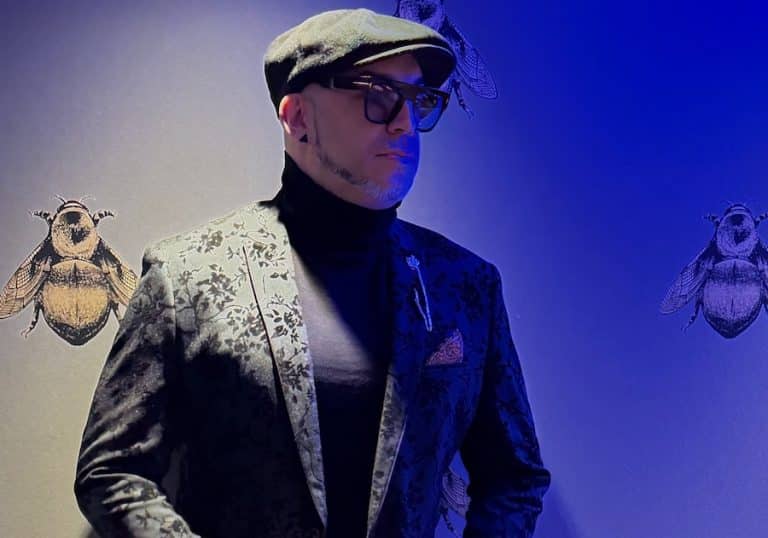
Meet the artist on a mission to change the way we see neurodivergence

Greater Manchester shows the world what true community looks like after disastrous floods
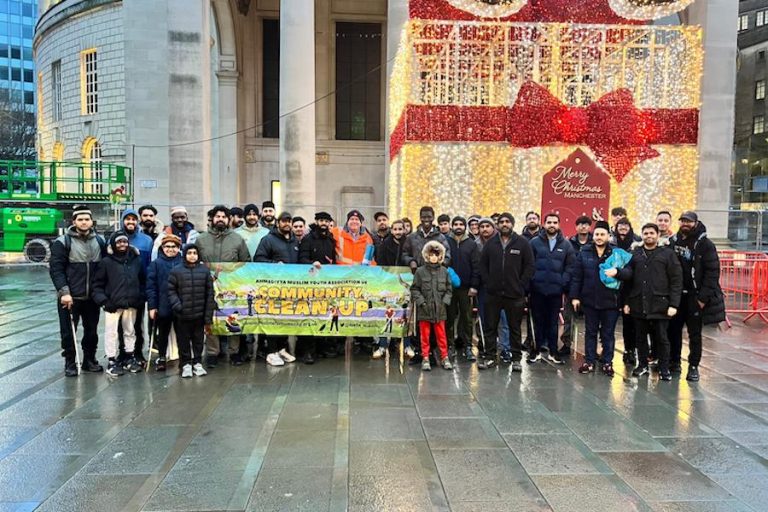
New year clean-up brings neighbours together to remove 500kg of rubbish from our streets

Best bars and pubs to watch the football and live sport in Manchester
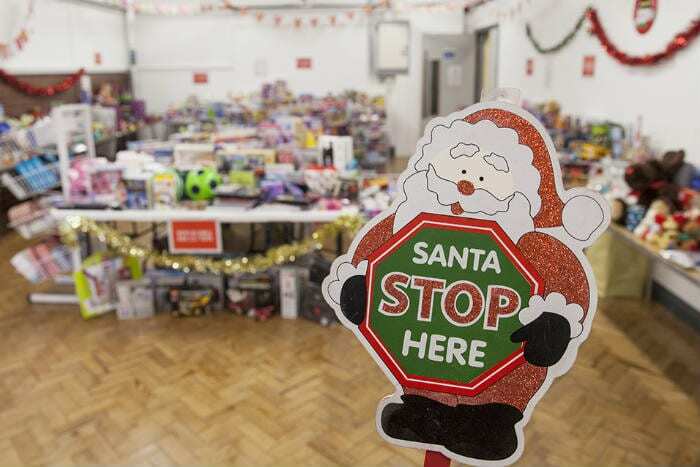
The very special toy shop where parents don’t pay a penny is open – and busier than ever
